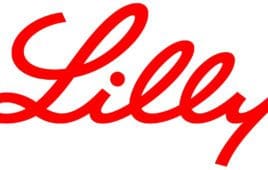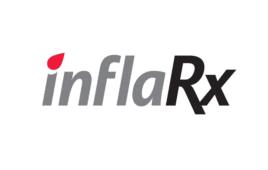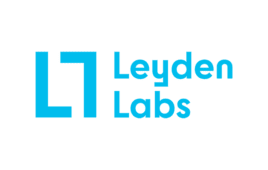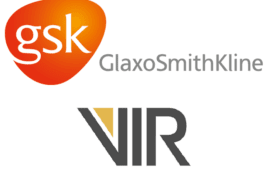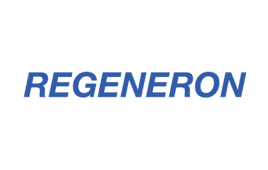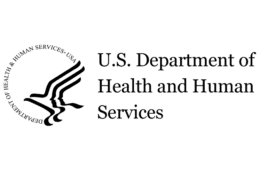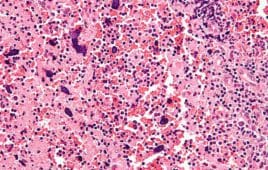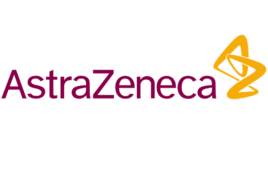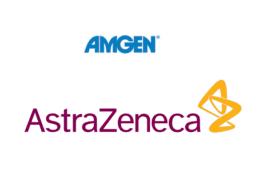According to results from the Phase 3 TRAILBLAZER-ALZ 2 study published in JAMA, the monoclonal antibody donanemab significantly slowed cognitive and functional decline in patients with early symptomatic Alzheimer’s disease by approximately 35% at one year compared to placebo. The trial enrolled 1736 patients across 277 research centers in 8 countries. Another monoclonal antibody, Leqembi…
FDA authorization of vilobelimab signals new opportunities for drug developers in inflammatory diseases
The FDA has granted InflaRx (Nasdaq:IFRX) emergency use authorization (EUA) for the monoclonal antibody Gohibic (vilobelimab) to treat critically-ill COVID-19 patients. The company’s shares were up yesterday almost 84% to $3.77. Today, its shares jumped an additional 62% to $6.10. The EUA represents a significant advance for the Jena, Germany–based company, which on March 31,…
Leyden Labs closes $140M in Series B funding
After announcing a licensing deal for CR9114, a monoclonal antibody for influenza A and B from Janssen (NYSE:JNJ), Leyden Labs has won $140 million in Series B funding. Amsterdam-based Leyden Labs plans on developing an intranasal spray based on CR9114. Leading the round were Casdin Capital and GV (formerly Google Ventures). Leyden plans on using…
GSK and Vir file for EUA for intramuscular administration of sotrovimab to treat COVID-19
GlaxoSmithKline (LSE/NYSE GSK) and Vir Biotechnology (NSDQ:VIR) are seeking to expand the use of the investigational monoclonal antibody sotrovimab. Intravenous sotrovimab is currently authorized to treat mild-to-moderate COVID-19 in patients at least 12 years of age, weighing at least 40 kg (88 pounds). The authorization is constrained to patients who face a high risk of…
REGEN-COV lowers risk of symptomatic COVID-19 infections by 81% in study
Regeneron’s (NSDQ:REGN) REGEN-COV remains one of the most effective monoclonal antibody therapies in reducing the risk of serious COVID-19 infections and resulting hospitalizations and deaths. A study recently published in the New England Journal of Medicine found that the drug effectively prevented COVID-19 disease in household contacts of individuals infected with the novel coronavirus. When…
Immunotherapy against cancer: Challenge and opportunities
With some of the recently developed drugs showing unprecedented response rates and consistent improvement in overall survival in some indications, we face the dawn of a new era in anticancer research. New therapeutic targets, novel classes of products, booming and competing pipelines, innovative statistical methods, and a changing regulatory environment are all features of this…
HHS halts distribution of Lilly’s bamlanivimab/etesevimab antibody cocktail
U.S. government authorities have decided to immediately pause the distribution of Eli Lilly’s bamlanivimab and etesevimab over concerns that the monoclonal antibody cocktail is ineffective against some SARS-CoV-2 variants. CDC recently concluded that the Gamma variant (P.1) and the Beta variant (B.1.351) make up 11% of COVID-19 infections. They are also continuing to become more…
How lupus clinical trials are evolving
In the past half-century, scores of investigational drugs for lupus have seemingly failed in clinical trials. GSK’s Benlysta (belimumab) is unique in winning approval from the FDA and European regulatory authorities. Anifrolumab from AstraZeneca, which would be a first-in-class type I interferon inhibitor, is one of the most promising investigational drugs for treating systemic lupus…
Anifrolumab data promising for systemic lupus erythematosus
AstraZeneca (LON:AZN) has announced that a new posthoc analysis of data from the TULIP Phase 3 clinical trials of anifrolumab showed promise in patients with systemic lupus erythematosus (SLE), the most common type of lupus. Anifrolumab is a monoclonal antibody that blocks the activity of interferons such as interferon-α and interferon-β. If approved, anifrolumab would be…
U.S. government classifies threat levels of SARS-CoV-2 variants
The number of SARS-CoV-2 variants with enhanced transmissibility and resistance to antibodies is increasing, prompting the U.S. government to issue guidance on how to classify them. The criteria divide variants into three categories including the following: Variant of interest: This virus type has genetic markers that have been linked to a potentially increased risk. Examples…
After flunking one study, Amgen’s tezepelumab shows promise for asthma
Amgen and AstraZeneca have announced that the experimental monoclonal antibody tezepelumab demonstrated a clinically meaningful reduction in annualized asthma exacerbation rate (AAER) in severe, uncontrolled asthma patients. In the NAVIGATOR Phase 3 trial, the drug led to a 56% reduction in AAER versus placebo over 52 weeks when used as part of the standard of…
Lilly and UnitedHealth team up on bamlanivimab study for COVID-19
Eli Lilly (NYSE:LLY) and UnitedHealth Group (NYSE:UNH) are partnering on a pragmatic study of bamlanivimab (LY-CoV555) in high-risk patients with COVID-19 infections. Lilly recently won emergency use authorization from the FDA to use the monoclonal antibody bamlanivimab to treat mild to moderate COVID-19 infections in patients at risk of severe infections. The study will evaluate the…
